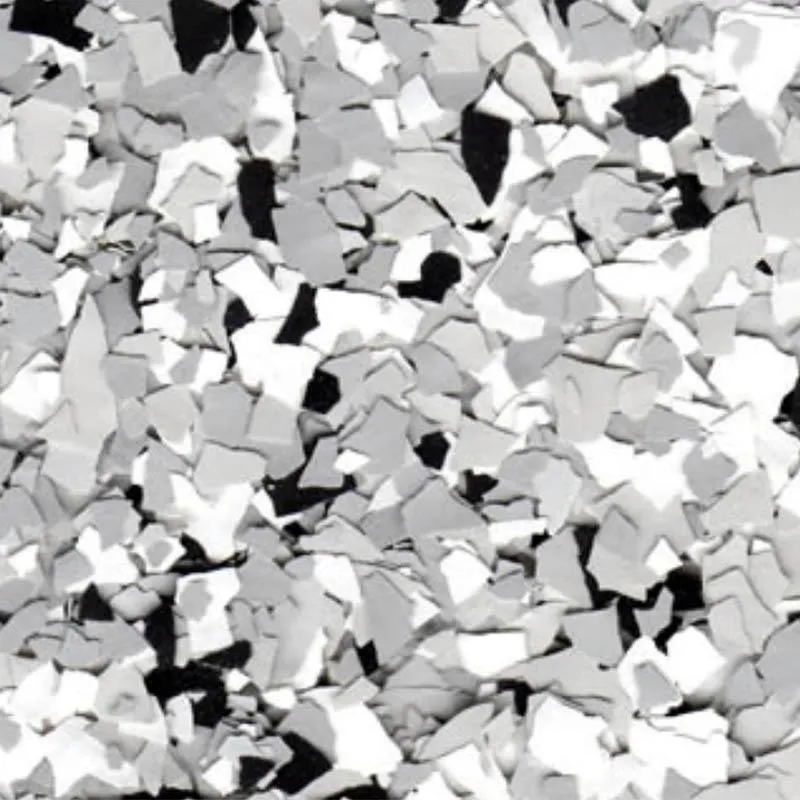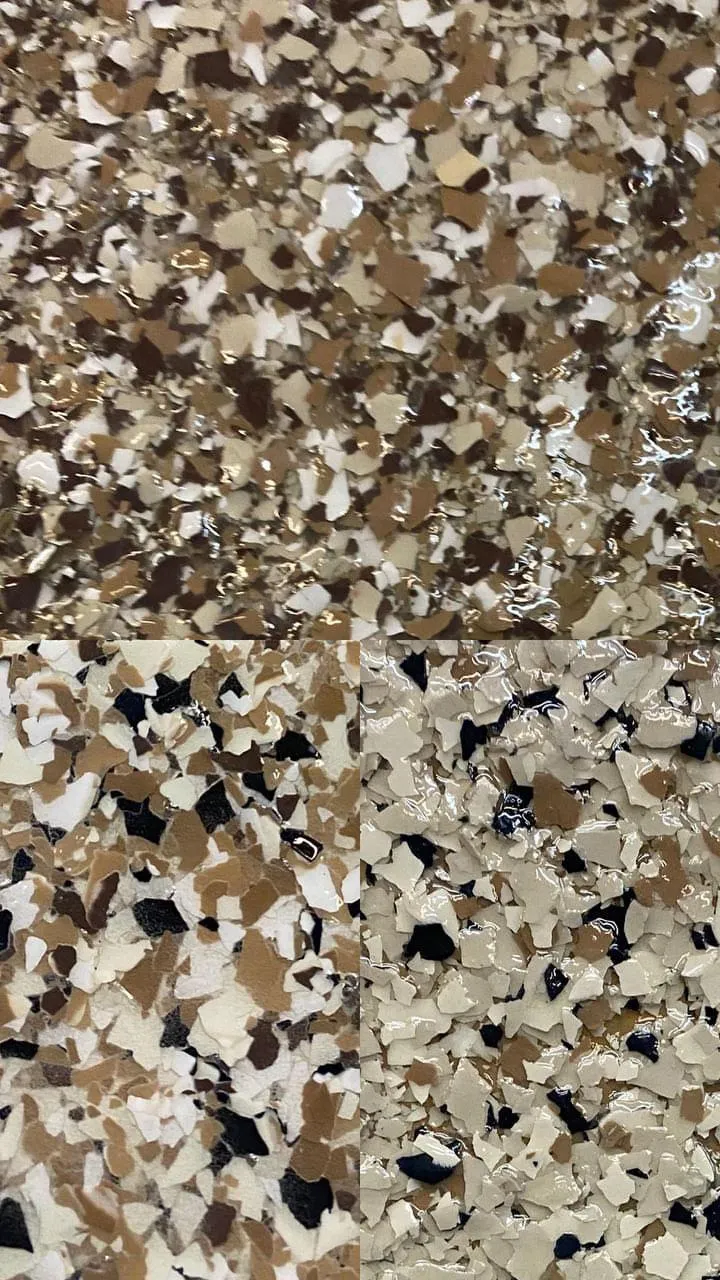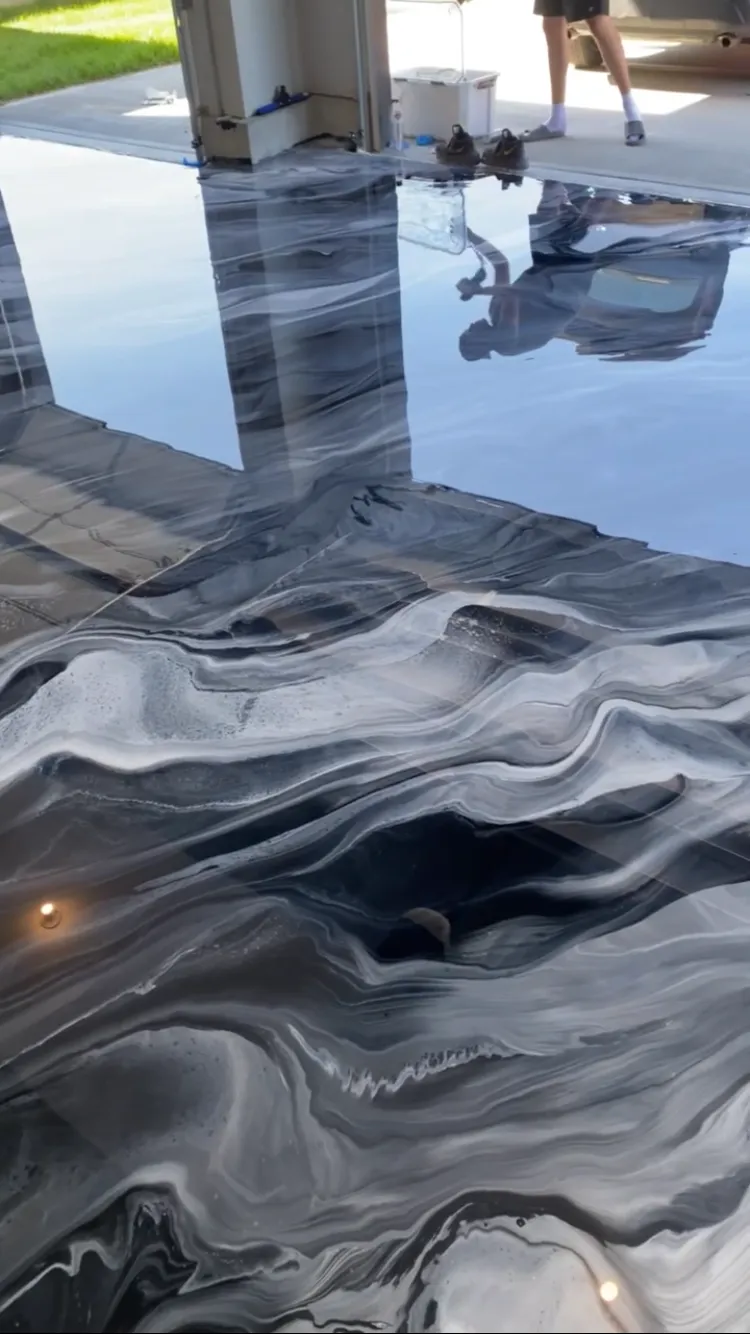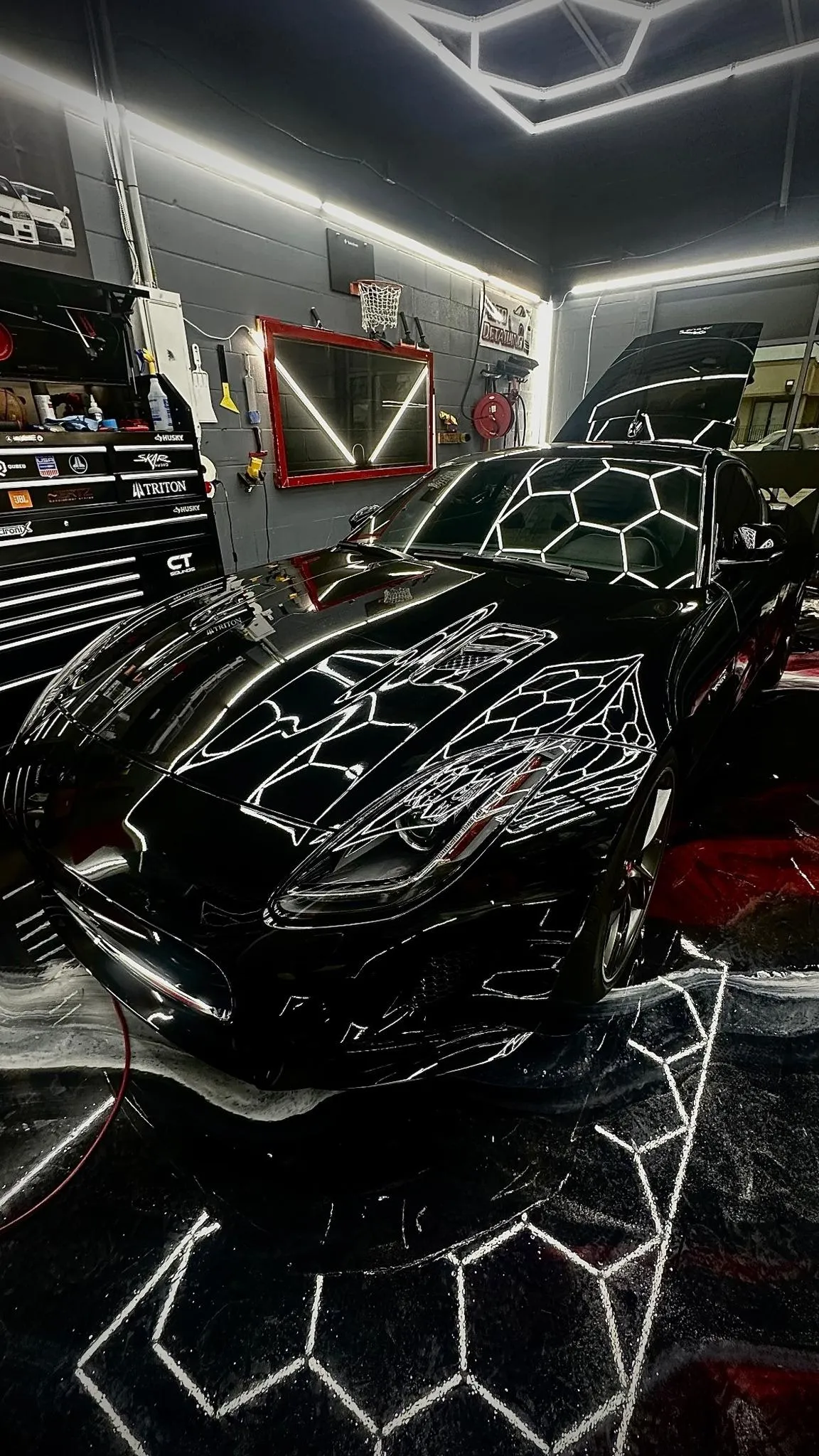
The Science Behind Epoxy Flooring: How It Works and Why It Lasts
With our expertise, you'll gain a comprehensive understanding of epoxy flooring, its benefits, and the meticulous process we follow to deliver exceptional results. Let's explore the world of epoxy flooring and discover why it's a game-changer for both residential and commercial applications.
What is Epoxy Flooring?
Epoxy flooring is a cutting-edge surface coating system crafted from a combination of resins and hardeners. When these components are mixed, they undergo a chemical reaction, forming a rigid plastic material that bonds exceptionally well to various base layers, including concrete. This process results in a strong, durable surface that stands the test of time, making it a preferred choice for garages, basements, commercial spaces, and industrial environments.
The Chemical Composition of Epoxy Flooring
At the heart of epoxy flooring are two primary components: epoxy resins and hardeners. Epoxy resin, a type of polymer, contains epoxide groups, while the hardener (or curing agent) typically contains polyamine or polyamide compounds. When mixed, these components react to form a highly cross-linked polymer structure. This intricate structure is what gives epoxy its remarkable durability and resistance to chemicals, heat, and impact.
How Epoxy Flooring Works
The process of installing epoxy flooring involves several meticulous steps to ensure a high-quality, long-lasting finish. Here's a closer look at the process:
Surface Preparation: Proper preparation is the cornerstone of a successful epoxy flooring installation. We start by thoroughly cleaning the substrate to remove dirt, grease, oil, and existing coatings. Surface preparation may also include diamond blade grinding or shot blasting to create a rough texture, enhancing the epoxy's adhesion to the surface.
Priming: After the surface is prepped, we apply a primer. This base coat seals the substrate and improves the epoxy's adhesion, while also filling in any minor cracks or imperfections.
Mixing the Epoxy: Precision is key when mixing the epoxy resin and hardener. The correct ratio ensures the desired chemical reaction and the final properties of the epoxy. This step is critical to achieving a strong, durable floor.
Applying the Epoxy: The mixed epoxy is then applied to the surface using rollers or squeegees. This step must be done quickly, as the epoxy begins to cure and harden immediately. We ensure an even spread for a smooth, uniform finish.
Adding Color and Flakes: To customize your floor, we can add color pigments, metallic additives, or decorative flakes. These elements not only enhance the floor's aesthetic appeal but also provide additional texture and slip resistance.
Curing: Once applied, the epoxy needs time to cure. This process allows it to harden and achieve its full strength and durability. Curing times vary depending on the product and environmental conditions, ranging from a few hours to several days.
Sealing: Finally, we apply a clear topcoat to seal and protect the epoxy floor. This topcoat adds durability and resistance to scratches, stains, and UV damage, ensuring your floor looks great for years to come.
Benefits of Epoxy Flooring
Epoxy flooring offers numerous benefits, making it an outstanding choice for a variety of applications:
Durability: Epoxy flooring is incredibly durable, thanks to its cross-linked polymer structure. It can withstand heavy foot traffic, machinery, and chemical spills, making it perfect for industrial environments, garages, and commercial spaces.
Aesthetic Appeal: With a wide range of colors, finishes, and decorative options, epoxy flooring can be customized to match your style. Whether you prefer a high-gloss, metallic finish or a more subtle matte look, epoxy can transform any space into a visually stunning environment.
Easy Maintenance: One of the standout features of epoxy flooring is its ease of maintenance. The non-porous surface resists stains and is simple to clean—regular sweeping and occasional mopping are all that's needed to keep it looking pristine.
Chemical Resistance: Epoxy flooring is highly resistant to various chemicals, including oils, solvents, and acids. This makes it an excellent choice for garages, workshops, and industrial settings where chemical spills are common.
Safety: Epoxy flooring can be made slip-resistant by adding textured additives or decorative flakes during the application process. This is especially important in areas where safety is a concern, such as commercial kitchens, warehouses, and garages.
Cost-Effective: Considering its durability and low maintenance requirements, epoxy flooring is a cost-effective solution. It can last many years without needing replacement, saving you money in the long run.
Environmental Benefits: Epoxy flooring can be an eco-friendly option. Its long lifespan reduces the need for frequent replacements, which in turn reduces waste. Additionally, some epoxy products are low in volatile organic compounds (VOCs), making them a healthier choice for indoor environments.
Why Epoxy Flooring Lasts
The longevity of epoxy flooring can be attributed to several factors:
Strong Adhesion: Epoxy forms a robust bond with the substrate, preventing peeling and delamination. This strong adhesion ensures the epoxy remains firmly attached to the surface, even under heavy use.
High Resistance to Wear and Tear: The cross-linked polymer structure makes epoxy highly resistant to wear and tear. It can withstand heavy impacts, abrasion, and constant foot traffic without showing signs of damage.
Chemical and Stain Resistance: Epoxy's resistance to chemicals and stains means it doesn't degrade when exposed to harsh substances. This is ideal for environments where spills and chemical exposure are common.
UV Stability: While not all epoxy floors are UV stable, those with a UV-resistant topcoat can withstand sunlight exposure without yellowing or breaking down, making them suitable for outdoor applications or areas with large windows.
Proper Installation: The quality and longevity of an epoxy floor significantly depend on the installation process. Proper surface preparation, correct mixing ratios, and professional application ensure the epoxy cures correctly and achieves its maximum strength.
Conclusion
Epoxy flooring is a versatile, durable, and aesthetically pleasing option for both residential and commercial spaces. Its unique chemical composition and meticulous application process result in a floor that can withstand heavy use, resist chemicals, and maintain its appearance for many years. By choosing epoxy flooring from Onyx Luxury Epoxy, you can be confident that you are investing in a high-quality, long-lasting solution that will enhance your space and provide value for years to come.
If you're interested in learning more about epoxy flooring or would like to schedule a consultation, contact Onyx Luxury Epoxy today. Our team of experts is here to help you transform your space with the best epoxy flooring solutions available.



